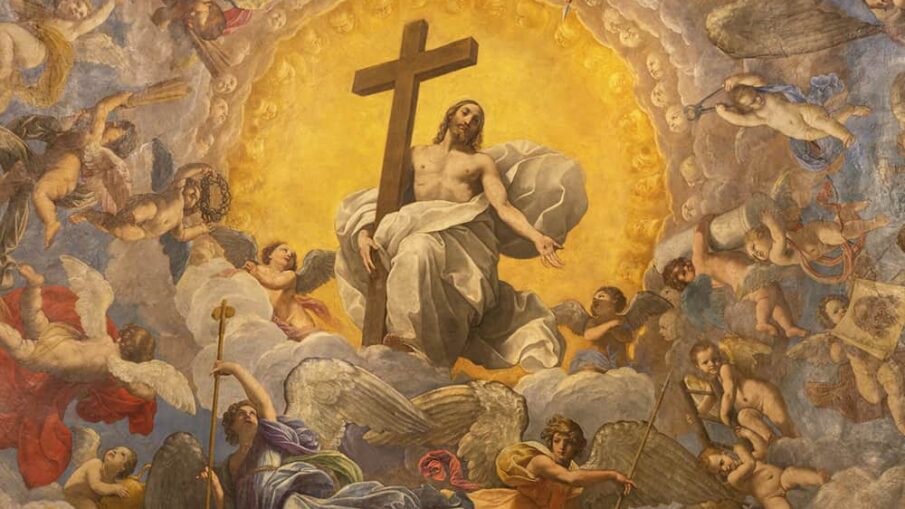Murder mysteries fascinate us. There is something compelling about a “whodunit.” We want to discover the culprit and look for the clues that will reveal the killer. We’re satisfied at the ending if we’ve guessed correctly, or we’re surprised if proven wrong. Either way, a good mystery engages us to the very end.
The New Testament could be described as a mystery whose central question is; Who Is Jesus? Other questions follow, becoming more personal: Why does Jesus matter? Who am I in the light of his teaching? Why should I follow Him?
In his early life, these questions confronted a man named Saul. This Jewish religious leader, who relentlessly persecuted the first Christians, eventually faced the question, who is Jesus Christ? The answer he found compelled him to travel the length and breadth of the Roman Empire three times, as the greatest evangelist of his time. Saul, who would adopt his Roman name, Paul, went on to write almost half of the New Testament. As the “Great Apostle,” he stood at the crossroads of his world and his influence would transform both its belief system and countless hearts throughout the centuries.
Putting Christ in His Place
St. Paul gave the world its first comprehensive look at the person and legacy of Jesus Christ. Though the Gospel accounts of Matthew, Mark, Luke and John remain primary source materials for the life of Christ, it was Paul’s critically important task to offer the full theological perspective of the meaning of his life, death, and resurrection. From the moment of his conversion, Paul’s overriding concern and the main thrust of his mission, was to preach Christ Jesus and the power that flowed from his resurrection. This itinerant preacher from Galilee was not only the fulfillment of centuries of Jewish prophecy, Paul asserted, but also the co-eternal Son of the living God, made flesh for the salvation of every person.
As the Church’s most zealous evangelist, Paul’s first priority was to proclaim this Good News, which is the translation for the word, “Gospel.” Nothing was of greater importance to him than to shed light on who Jesus Christ is and always was. His joy was to spread the Gospel, which Jesus himself had demonstrated by word and work is the only avenue to union with God the Father.

